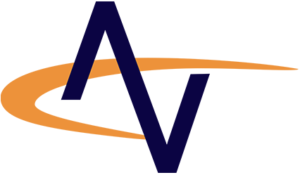FinanceGenius hired Agile Velocity to come to the office for a two-day training session to teach the team how to deliver functionality faster and better using agile methodologies. Together, we learned that an agile approach can help software companies like ours by giving more credence to the worker’s voices who know their particular specialty better than those who manage them.
We learned to accept the fact that with complex software such as ours, it’s impossible to successfully plan features using a waterfall approach. Instead we learned to embrace the fact that roadblocks will be discovered as we are developing, thus emphasizing the importance of communication across the company during the sprint. The training covered a broad swath of the agile methodology and because it occurred over the course of two full days, we were able to go in-depth on the following topics:
- scrum
-
- sprint basics
- feature lifecycle from backlog to release
- product backlog
-
- funnel maintained by PM, individual stories are:
- detailed
- estimated (with devs)
- emergent
- prioritized
- t-shirt sizing basics
- how to split epics and large stories into smaller stories
- funnel maintained by PM, individual stories are:
- backlog grooming
-
- agile ceremony: the team communicates to prepare for future sprints
- story pointing basics
- sprint planning
-
- agile ceremony: the team comes to agreement on features to be worked on for coming sprint
- ensure everyone on the team understands the new features
- considerations:
- capacity
- velocity
- how to break stories into tasks
- daily scrum
-
- agile ceremony, the team comes together to report:
- what you’ve worked on since last standup
- what you’re working on today
- any blockers
- helpful to review burndown and task board
- agile ceremony, the team comes together to report:
- sprint review
-
- dev feedback
- demo
- sprint retrospective
-
- agile ceremony, used to improve the team:
- what worked well?
- what did not work?
- what should we try?
- agile ceremony, used to improve the team:
- definition of done
-
- defines when a story is complete, agreed upon by the team
- scrum roles
-
- roles:
- scrum master
- product owner
- dev team (including QA)
- manager
- dev team organization: feature vs specialist
- roles:
